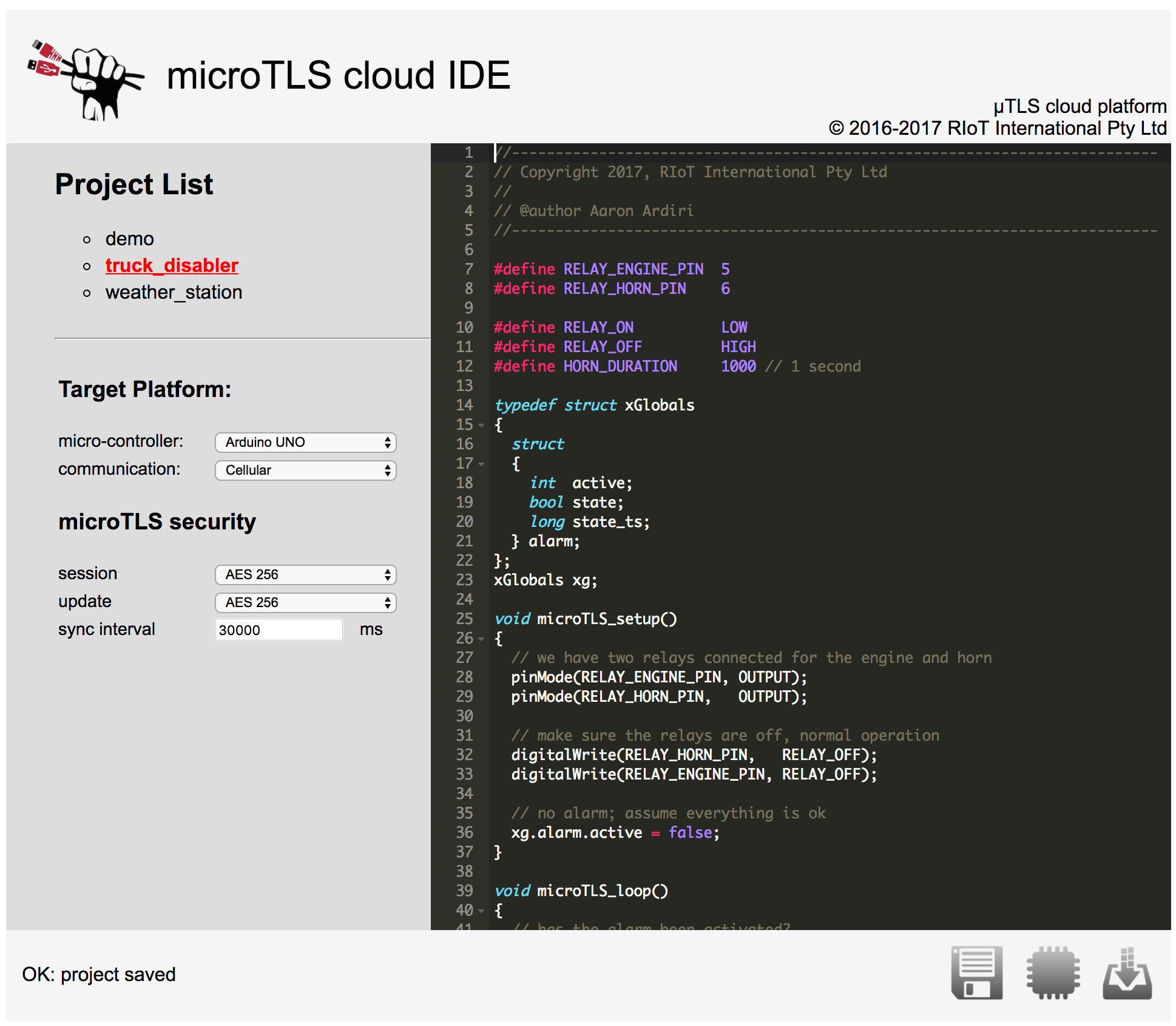>> STOCKHOLM TERROR ATTACK: HOW IoT COULD HAVE PREVENTED IT
It is shocking to see such a cowardly act devastate lives - my condolences
for those affected.

On Friday; just before 15:00 local time - the unthinkable had happened in
the peaceful city of Stockholm, a place I called home (and still do) for
a good chunk of my life. A rejected asylum seeker, supportive of ISIS, who
went underground last year decided to highjack a beer truck and mow down
innocent civilians in the busy pedestrian only streets of Stockholm.
I was lucky enough to pass through the exact location just an hour earlier -
however, I was within five hundred meters of the tragedy when it happened.
It is sad to think however; that a simple IoT device could have prevented
this from happening in the first place - something that may need to be
considered as an industry standard to be retro-fitted for all vehicles that
can cause such damage.
I wrote a small sketch that would allow the remote disabling of a vehicle
when hijacked.
As complicated as it may seem, it doesn't involve much more than a
micro-controller with cellular connectivity (3G shield) and two relays
that can be connected to the engine and horn - first to stop the vehicle
and the second to provide an audible warning to anyone in the vicinity
of the vehicle.


It would require a certified electrician to connect the relays to the
various components of the truck; but that is actually the easy part of
this solution - just would be a massive job to retrofit such a device
to all the potential vehicles out there that can be used for terror.
Lastly, security is paramount - would not want unauthorized people to
remotely control the vehicle.
microTLS (µTLS) would be a perfect candidate for this - letting us
focus on the core logic required for the disabling of a vehicle. A lot of
refactoring has been made to the project and I have even build an online
IDE for code editing and compilation of firmware to flash to devices.
The source code to the sketch (without microTLS) is available, could be
extended easily: